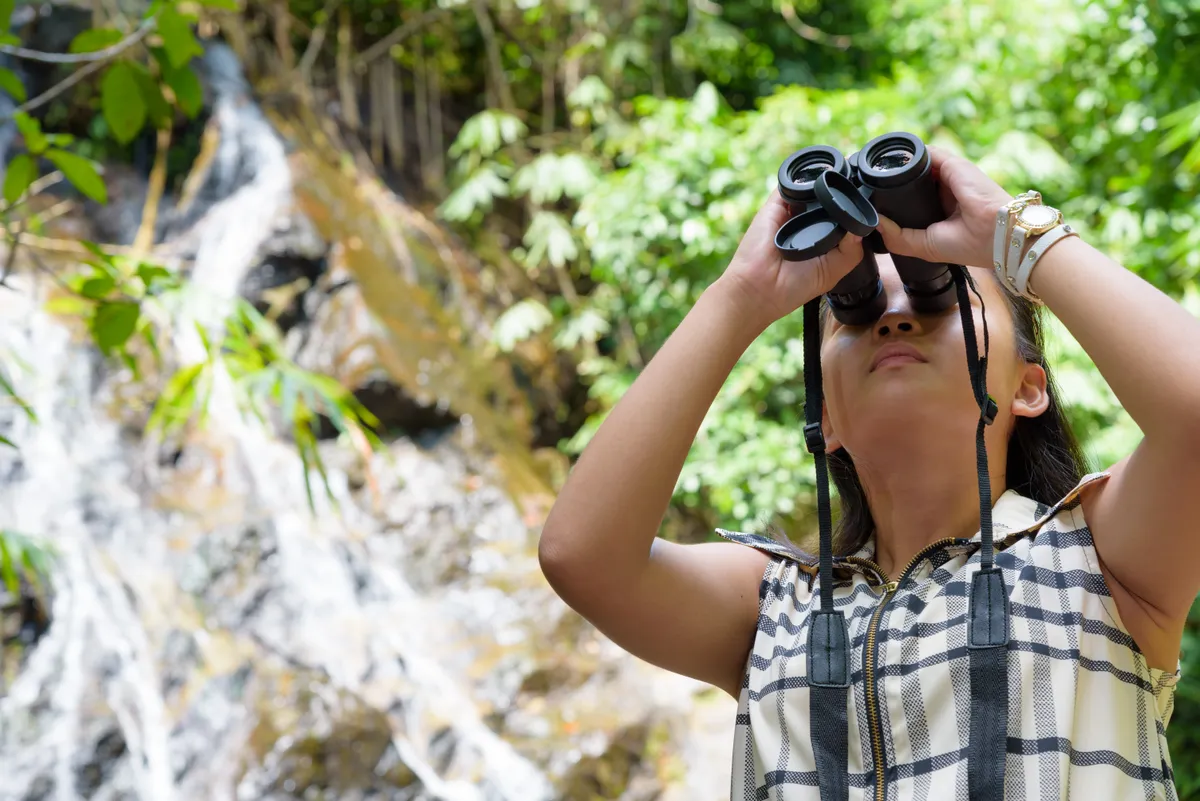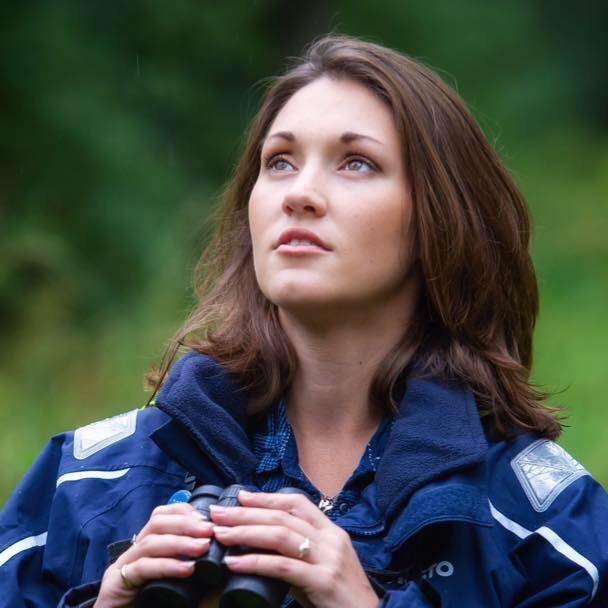Sexism. Is it a dirty word? It often feels that way – something that people don’t really want to talk about, or if they’re going to, they do it quietly. There’s no doubt that sexism continues to persist in many areas of society – but what about nature conservation? Is our house in order?
When you start out as a conservationist in the UK, there are equal opportunities for both women and men – and some organisations, particularly in the sciences, have worked hard to redress the gender balance of their staff. Among wardens, communicators and educators, there’s little discrimination in the paid ranks.
But gender inequality, if unintentional, persists higher up the career ladder. The top jobs are still mostly occupied by men. And at board or council level, the scales go really squiffy: the trustee positions for too many leading wildlife charities are male-dominated – some overwhelmingly. Many organisations have attempted to tackle this for years, yet meaningful change has been slow.
It’s the same story at wildlife events, fairs, talks, conferences – there’s no shortage of outstanding, charismatic women more than qualified to talk about their work with nature, yet their male counterparts seem more willing to contribute. In my experience, women are asked to participate just as often, but are more likely to decline.
Maybe an acute consciousness of how they will be perceived holds women back, as they feel they need a thorough understanding of a subject to be seen as an expert. Perhaps men simply have more time on their hands – or are more likely to ‘wing it’.
Women face huge social pressures at a young age: it’s so hard for a girl to be seen as different. With the constant barrage of messages about body image and celebrity, how many girls feel confident enough to passionately pursue a hobby like watching wildlife? They’re taught to worry about what others think. Little of their self-esteem stems from their interests.

Yet opportunities to influence young women abound. Wouldn’t it be fabulous to see MP Caroline Lucas on the cover of a glossy women’s magazine, with an interview about campaigning to save wildlife sites – rather than stories about how to take the perfect selfie?
Tackling sexism is far more than just evening out the numbers – this distracts from often-unremarked ‘everyday sexism’. Laddishness, resentment, passing remarks, ‘banter’… many young women I know report negative experiences while trying to enjoy birding or natural history. Whether it happens at a nature reserve or on social media, some comments are flippant or ill-conceived, others dark and accusatory, such as alluding to women using their sexuality to further their careers.
Some people – both men and women – feel that this sort of sexism is part of life. It isn’t – on any level – and too often the women who challenge it are called over-sensitive. But no one likes to point the finger, so we turn a blind eye. There are high-profile role models for young women looking for a career in wildlife conservation – Baroness Barbara Young, Stephanie Hilborne, Helen Browning, Becky Speight, Helen Ghosh. But, crumbs, we need more.
So I urge every woman working with wildlife to take the centre stage, go for the top jobs, don’t be afraid of making mistakes. Young female ecologists, naturalists, writers and campaigners look to you for inspiration. British conservation must represent British society – only then will we win the fight for nature by inspiring the next generation.
